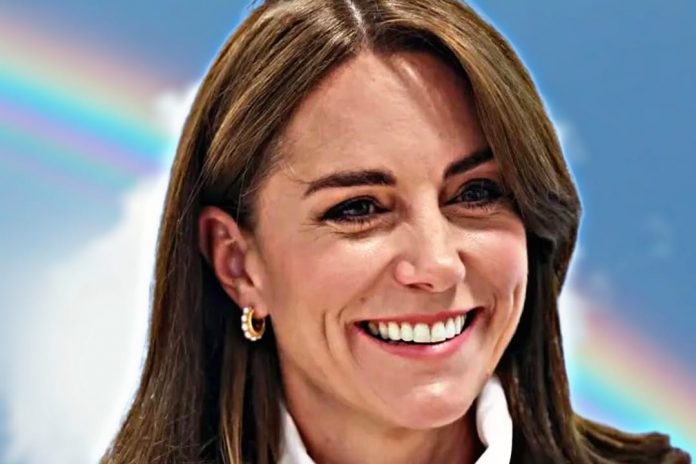The title “Princess of Wales” has long been associated with grace, royal duty, and public service, transcending generations and leaving an indelible mark on British royal history. The Princess of Wales is a title traditionally given to the wife of the heir apparent to the British throne, and it has been carried by some of the most beloved and influential women in the royal family. From Diana, Princess of Wales, whose legacy endures today, to Kate Middleton, the current Princess of Wales, the title represents both a privilege and a responsibility to the nation and the world.
In this article, we delve into the history of the title, the impact of its past holders, and the role of the Princess of Wales in the contemporary royal family. We’ll also explore how the title connects to British royal traditions and examine the modern-day duties and challenges faced by the Princess of Wales, particularly focusing on Kate Middleton’s efforts to modernize the royal family’s approach to charity work, mental health, and public service.
The History of the Title: Princess of Wales
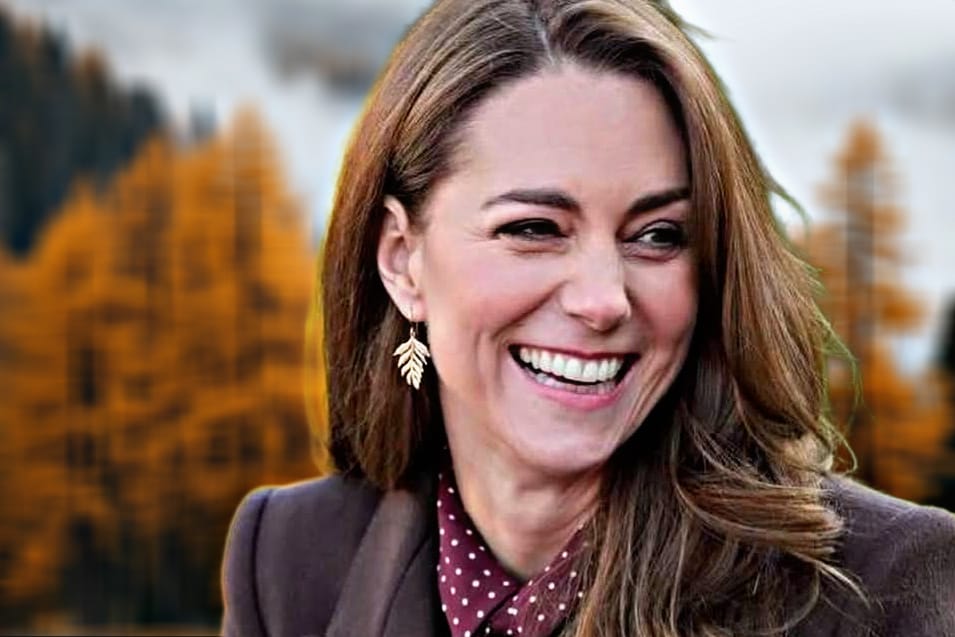
The Origins of the Title
The title “Princess of Wales” has deep roots in British royal history, dating back to the 14th century. It was first used by Eleanor of Castile, wife of Edward I, but it became firmly associated with the wife of the Prince of Wales, the heir apparent, after the marriage of Edward III to Philippa of Hainault in 1328. Since then, the title has been passed down from one generation to another, typically to the wife of the male heir to the throne.
Historically, the Princess of Wales has been one of the most prominent royal titles in Britain, with the holder often playing a significant role in public life. The title also holds cultural and ceremonial importance, symbolizing the future of the British monarchy. Over the centuries, the title has been held by many notable women, from Queen Victoria’s mother, the Duchess of Kent, to Princess Diana, whose influence on both the monarchy and the world remains profound.
The Role and Responsibilities of the Princess of Wales
As the wife of the heir to the throne, the Princess of Wales traditionally takes on a variety of royal duties, including charity work, public appearances, and ceremonial roles. While the title does not come with official responsibilities in the same way that titles like “Queen Consort” or “Duchess” might, the Princess of Wales is expected to represent the monarchy at official events and engagements. These duties often include patronizing charities, participating in state functions, and acting as a public ambassador for the royal family.
The Princess of Wales is also expected to serve as a role model for the nation, demonstrating the core values of the British royal family—duty, service, and compassion. This role requires balancing public expectations with the personal life of the royal family, which can often be a challenging task, particularly in the age of modern media and social platforms.
The Impact of Princess Diana: A Revolutionary Figure
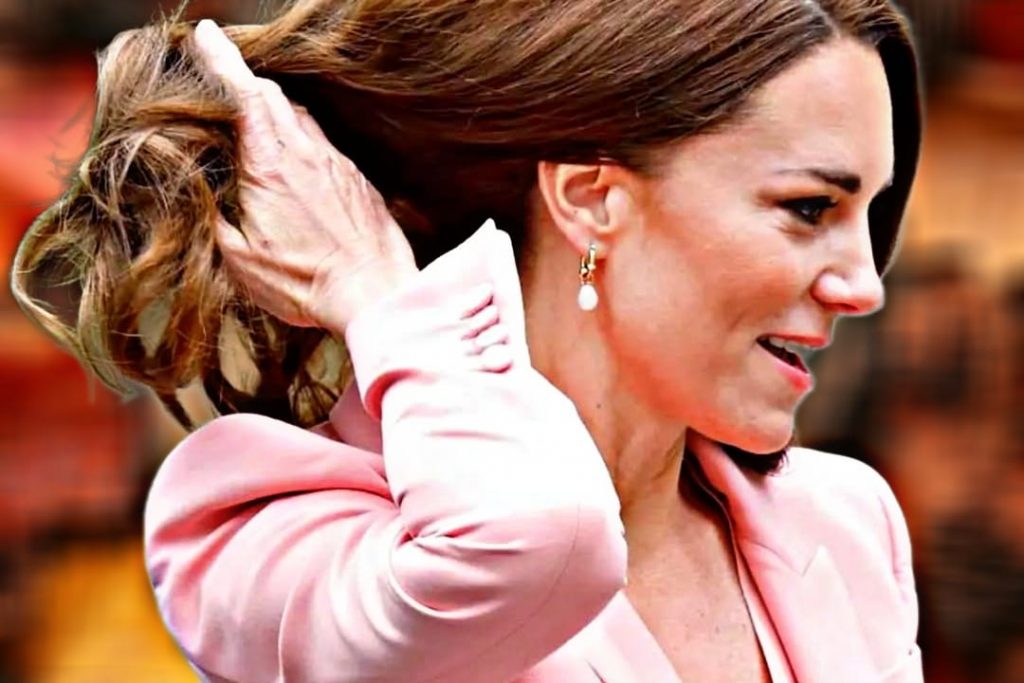
When Princess Diana, born Diana Spencer, married Prince Charles in 1981, she became the 12th Princess of Wales. Her arrival marked the beginning of a new chapter for the royal family, one that brought both unprecedented media attention and a change in the way the monarchy interacted with the public. Princess Diana’s charisma, compassion, and relatability transformed the role of the Princess of Wales, making it far more accessible and empathetic to the public.
Diana was known for her deep commitment to charitable causes, especially those focused on AIDS awareness, homelessness, and landmine advocacy. Her work in the 1980s and 1990s helped to destigmatize these issues, which had long been overlooked by mainstream society. Diana’s openness and vulnerability, especially when it came to her struggles with mental health and her turbulent marriage to Prince Charles, resonated deeply with the British public and people worldwide.
Her legacy as the Princess of Wales endures to this day. Diana’s influence can be seen in the way subsequent royal women have approached their public roles. She broke down the barriers of formality that had traditionally surrounded the monarchy and demonstrated that being a royal could be a platform for meaningful change and human connection.
The Current Princess of Wales: Kate Middleton
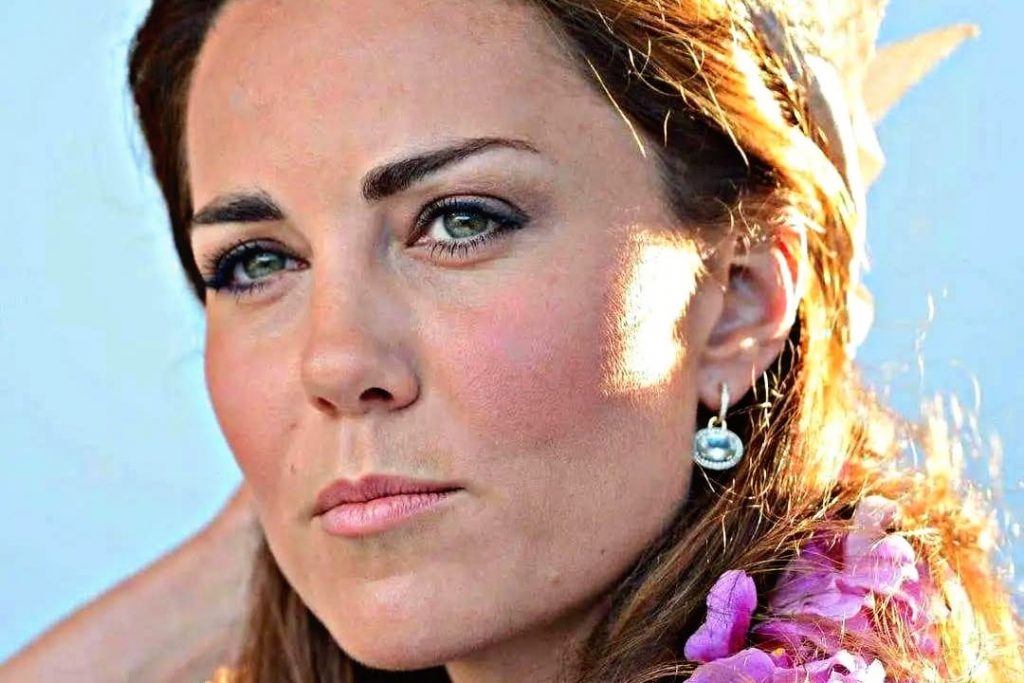
Following the death of Queen Elizabeth II in September 2022, and the subsequent accession of King Charles III, the title of Princess of Wales was passed to Catherine “Kate” Middleton, the wife of Prince William, the new heir to the throne. Kate had already established herself as a beloved figure in the royal family long before receiving the title, known for her elegance, poise, and commitment to charitable work.
Kate Middleton’s Early Years and Role in the Royal Family
Born on January 9, 1982, Catherine Elizabeth Middleton was raised in a middle-class family in Berkshire. She met Prince William while attending the University of St Andrews in Scotland, and the two became a couple in 2001. After years of dating, Prince William and Kate Middleton became engaged in 2010 and married the following year in a globally televised wedding that captivated millions of people.
As Duchess of Cambridge, Kate quickly became known for her focus on family, education, and mental health. She has used her royal position to support various charitable causes, including the promotion of early childhood education, mental health awareness, and the welfare of children. Her work in these areas aligns with her values as a mother and a wife, and she has consistently sought to use her platform to highlight issues that are often overlooked.
Kate’s Commitment to Early Childhood Development and Mental Health
One of the most notable aspects of Kate’s work as the Princess of Wales is her commitment to the well-being of children. She has been a vocal advocate for early childhood development, emphasizing how the first few years of a child’s life are critical in shaping their future. In 2021, Kate launched the Royal Foundation Centre for Early Childhood, which focuses on research and initiatives aimed at improving the early years of a child’s life. Through this work, she has sought to make the issue of early childhood development a priority on both a national and global scale.
In addition to her work in early childhood, Kate has been involved in mental health initiatives, particularly through the Heads Together campaign, which she launched with Prince William and Prince Harry in 2016. The campaign aims to reduce the stigma surrounding mental health and encourage people to talk openly about their struggles. By combining her work in these areas, Kate has shown that mental health and well-being are deeply interconnected with the development of a healthy and prosperous society.
Modernizing the Royal Family: The Role of the Princess of Wales in the 21st Century
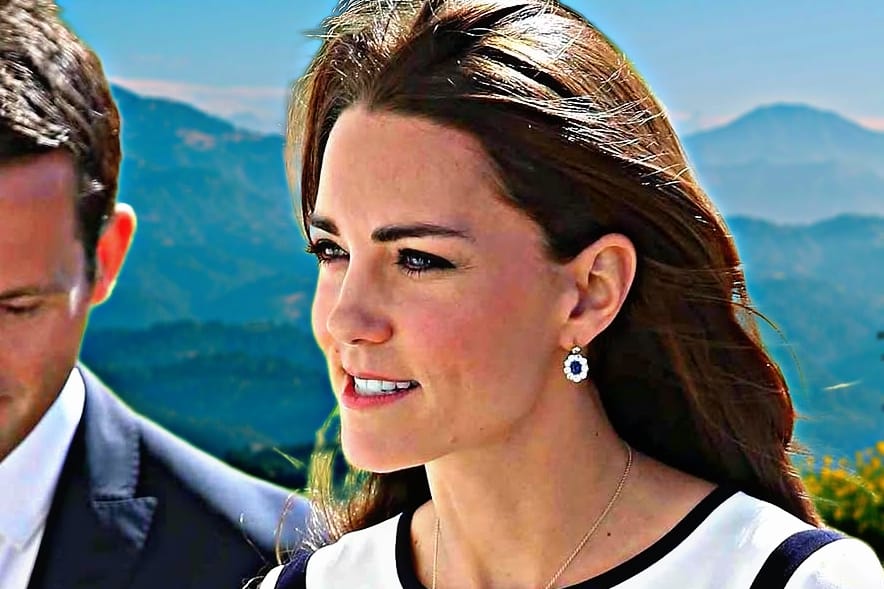
Kate Middleton’s approach to the role of the Princess of Wales has marked a departure from the more traditional, reserved style of royal life seen in previous generations. While still adhering to royal protocols and duties, Kate has used her position to engage with contemporary issues, leveraging her influence to bring attention to causes such as mental health, addiction recovery, and homelessness. Her public engagements often focus on interaction with the people, and she has demonstrated a natural ability to connect with individuals from all walks of life.
Moreover, Kate has navigated her public role with a sense of balance and grace. She is often praised for her ability to remain composed under pressure, even when dealing with negative media attention. Her ability to maintain a sense of normalcy for her children, Prince George, Princess Charlotte, and Prince Louis, while also fulfilling her royal duties, has made her a relatable figure for many in the United Kingdom and beyond.
The Legacy and Future of the Princess of Wales
As the world watches Prince William and Kate Middleton’s journey as the next heirs to the throne, the role of the Princess of Wales will continue to evolve. With modern expectations of the monarchy, Kate’s focus on mental health, early childhood education, and charity work aligns with the growing desire for the royal family to play an active and progressive role in society. As the world becomes more interconnected and transparent, the Princess of Wales has the opportunity to reshape the monarchy’s approach to social issues, ensuring that it remains relevant and compassionate.
The Influence of the Princess of Wales in Global Context
Kate Middleton’s work, combined with her calm demeanor and accessibility, has allowed her to forge a strong personal connection with people not only in the UK but also around the world. She has been admired for her dedication to family values and her sincere engagement with communities she visits. Her ability to maintain a balance between modernity and tradition allows her to bridge the gap between the monarchy’s storied past and the future ahead.
Conclusion: A New Chapter for the Princess of Wales
The Princess of Wales is more than just a title; it is a role that carries immense responsibility and opportunity. From Princess Diana’s trailblazing efforts to her son’s wife, Kate Middleton, taking the mantle, the title has undergone significant transformation. As Kate continues to navigate the modern world while upholding the royal family’s traditions, it is clear that her work will leave a lasting legacy.
In the years to come, the Princess of Wales will undoubtedly continue to be a symbol of elegance, compassion, and service. Through her dedication to causes such as mental health and early childhood development, Kate Middleton has already made a significant impact. As the role of the Princess of Wales evolves, it remains a beacon of hope, duty, and kindness for future generations.

